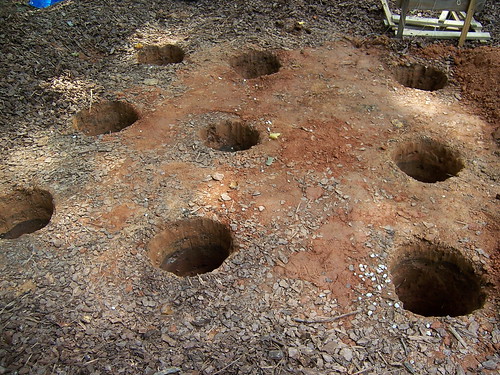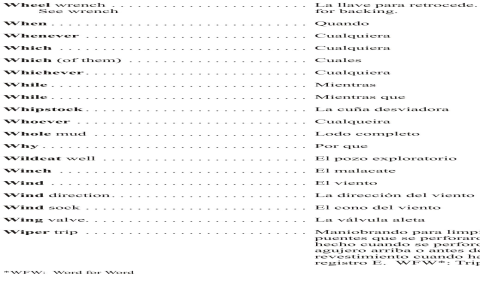Alright, let me tell you about this little adventure I had trying to figure out a specific bit of Spanish. It wasn’t like a big grammar rule or anything fancy, more like a weird gap I kept stumbling into.

So, I was trying to get better at listening, watching shows, talking to people when I could. And this phrase kept popping up, something like ‘tener mala leche’. I kinda got the literal meaning, ‘to have bad milk’, right? Made zero sense. First time I heard it, I just ignored it. Figured it was some weird expression I didn’t need.
But then it kept showing up. In a movie, someone yelled it. Then a friend I practice Spanish with used it, kinda laughing. I asked him then, “What’s this ‘bad milk’ thing?” He tried to explain, said it means someone’s in a bad mood, or has bad intentions, or even bad luck sometimes. Okay, that’s… a lot for one phrase.
My little project started there.
I decided I needed to nail this down. It felt like one of those ‘holes’ you don’t notice until you trip over it constantly. Here’s what I did, step-by-step:
- First, dictionary dive: Looked it up online, in a few different slang dictionaries. Got the definitions: bad temper, ill will, bad luck. Still seemed messy.
- Context hunt: I went back to the movie scene. Watched it again. Okay, the guy yelling it was definitely angry. So, ‘bad temper’ checked out.
- Asked around more: Talked to another Spanish-speaking friend, this one from a different country. She confirmed ‘bad temper’ but said where she was from, it wasn’t used that much for ‘bad luck’. Interesting. So it changes by region too? Great.
- Tried using it (carefully): This was the scary part. I tried to use it in a very safe context with my friend. I said something like, “Wow, the traffic was awful today, I arrived with a ‘mala leche’.” He chuckled and said, “Yeah, exactly!” Okay, small win.
So, what happened?
Well, I didn’t suddenly become a master of Spanish slang. But I plugged that specific hole. I understood ‘mala leche’ isn’t just one thing. It’s about the vibe, the situation. Is the person grumpy? Did something unlucky happen? Are they just generally unpleasant? Context is king.

It reminded me of trying to learn English idioms way back. Stuff like ‘break a leg’. Why would you say that? Makes no sense literally. You just gotta learn the situations where it fits. Same with this ‘bad milk’ business.
The practice wasn’t about just memorizing a definition. It was about hearing it, seeing it, asking about it, and then daring to try it myself. It’s messy, you know? Language learning isn’t always neat textbook examples. Sometimes it’s digging into weird phrases about bad milk until they finally click. It’s kinda fun, though, once you get past the frustration.
